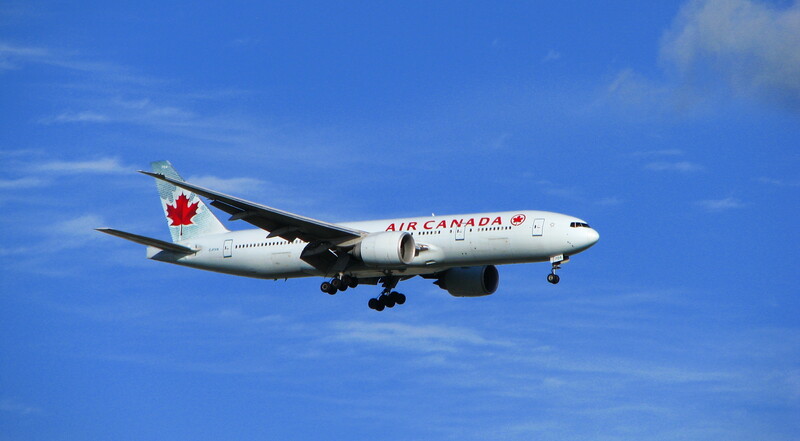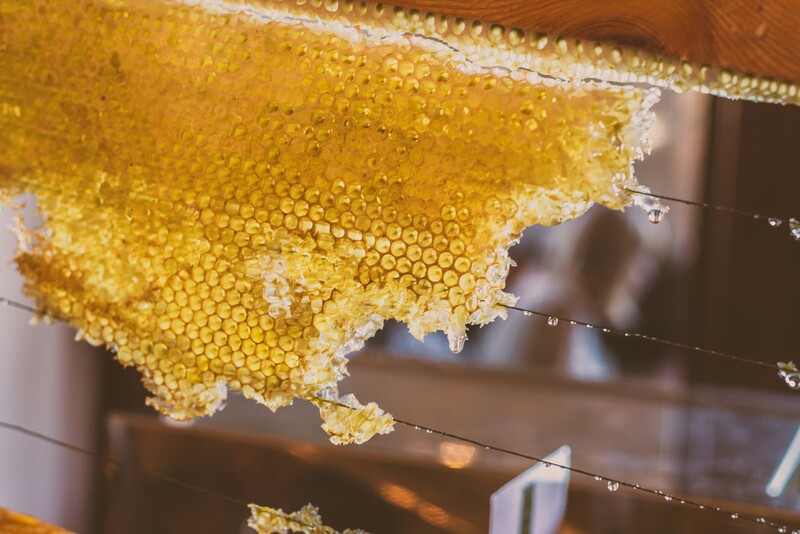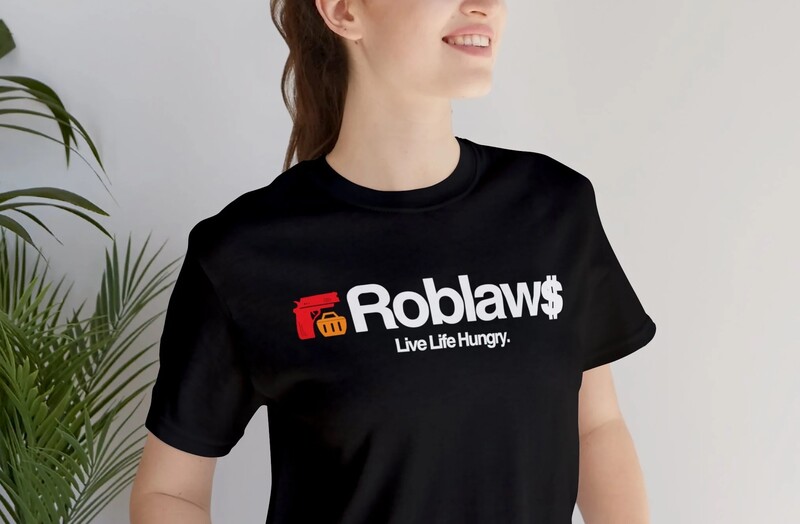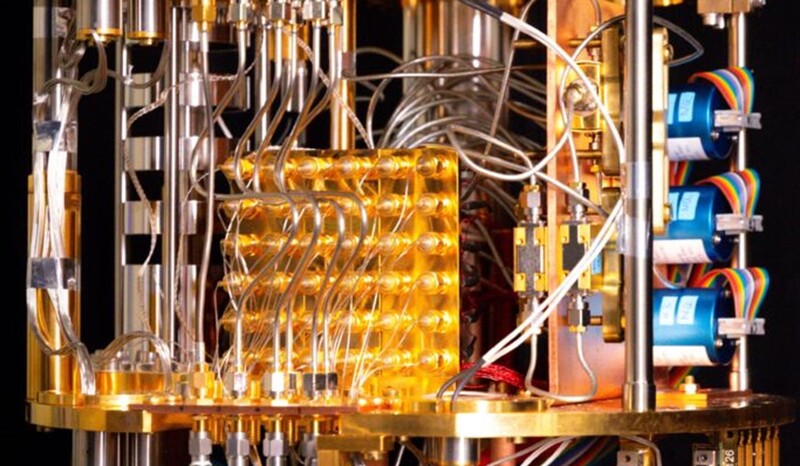Less than two months after hitting the ice, North America’s new pro women’s hockey league is already breaking records.
What happened: A Professional Women’s Hockey League (PWHL) match between Toronto and Montreal last week drew 19,285 fans to a sold-out Scotiabank Arena, breaking the attendance record for any women’s hockey game.


.png)
%20(16).png)

.png)
.gif)


%20(15).png)



.png)
.png)



%20(14).png)
.png)